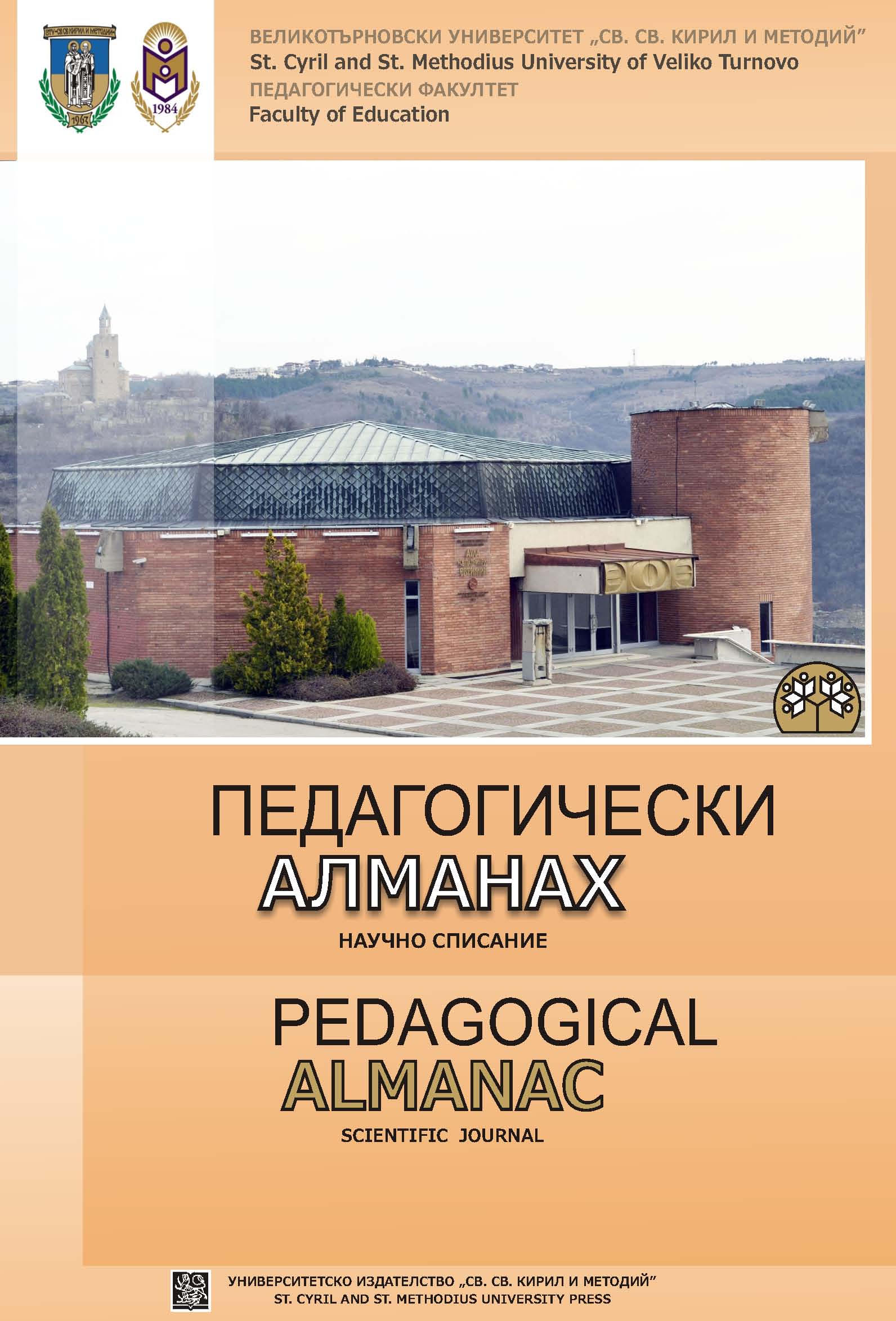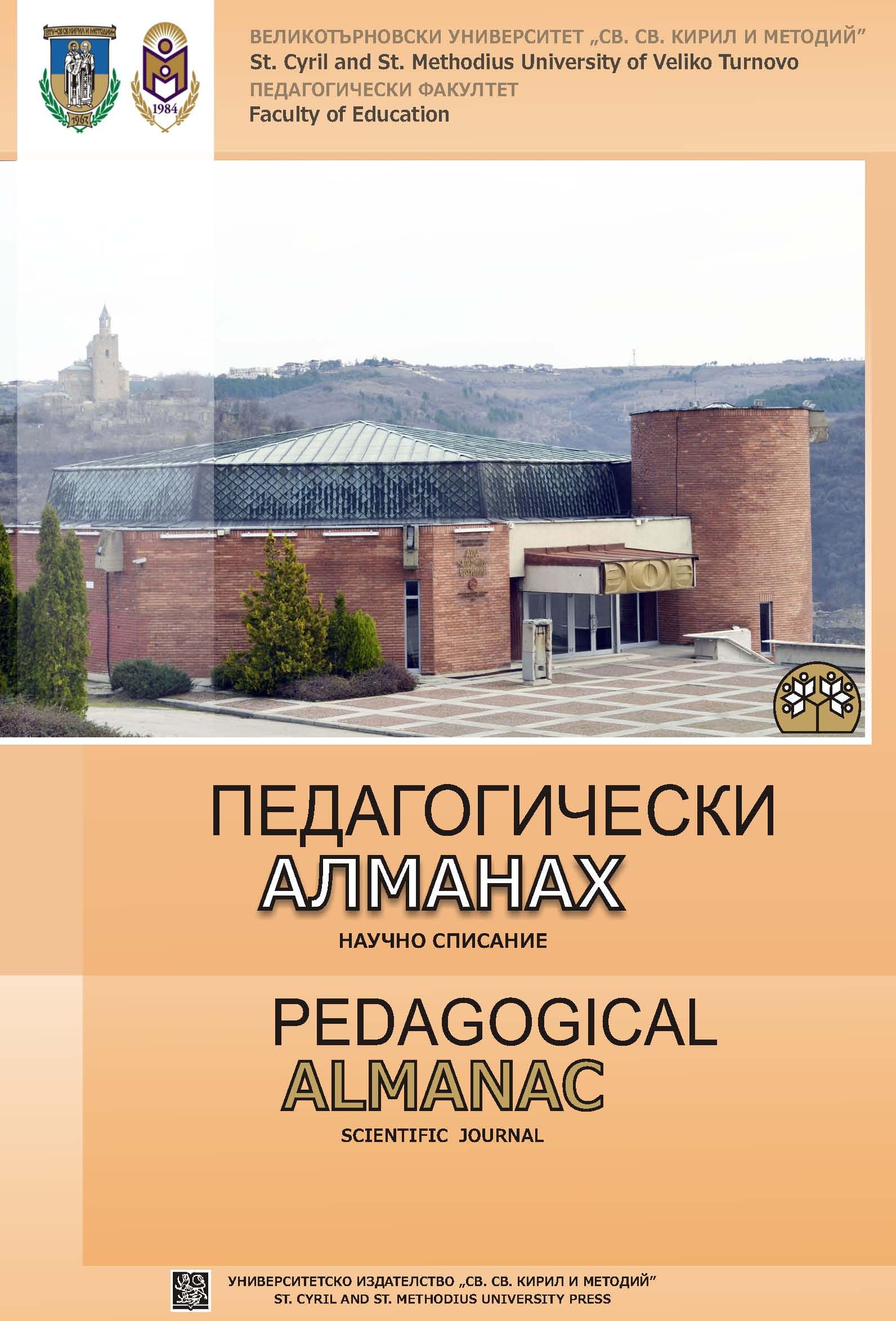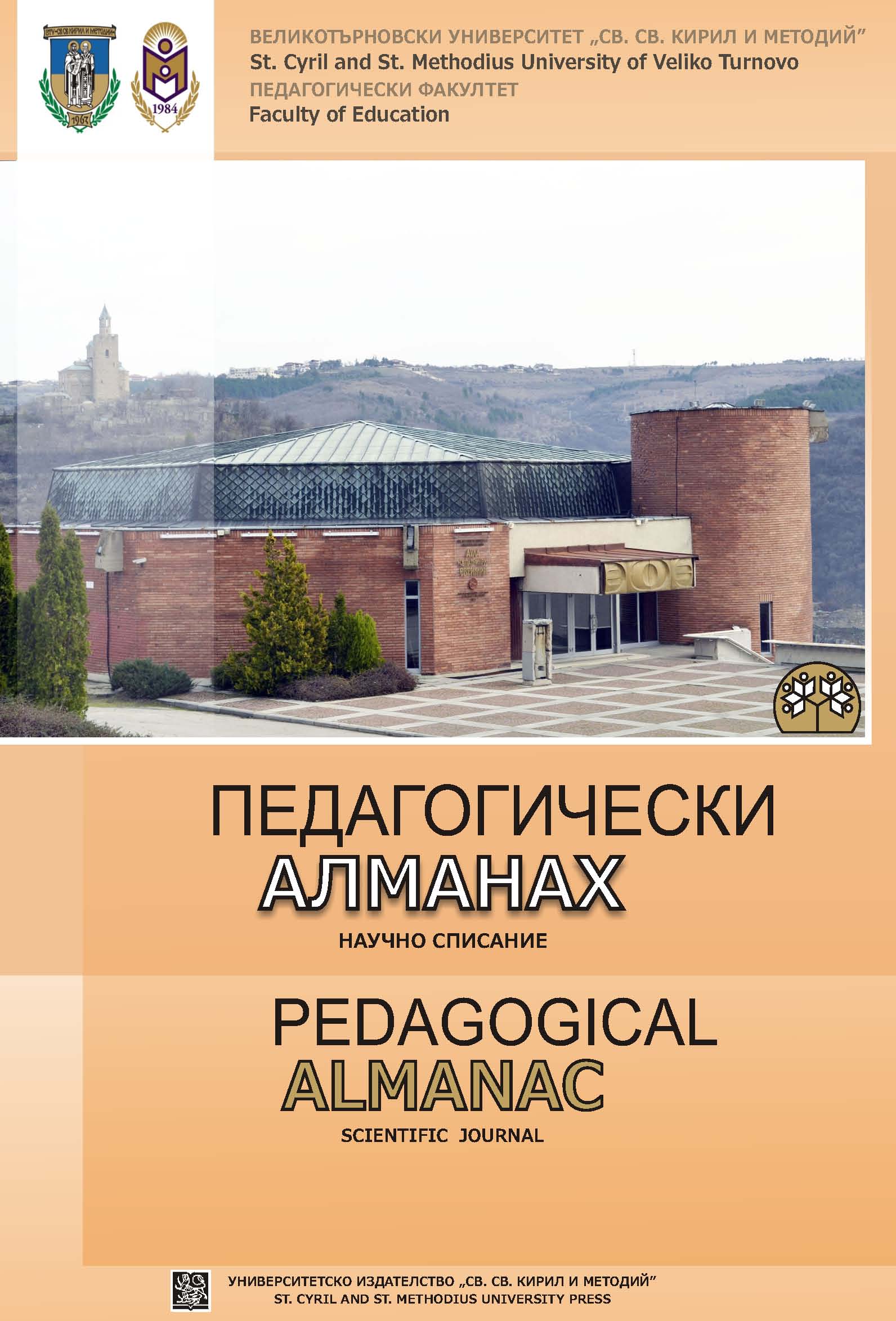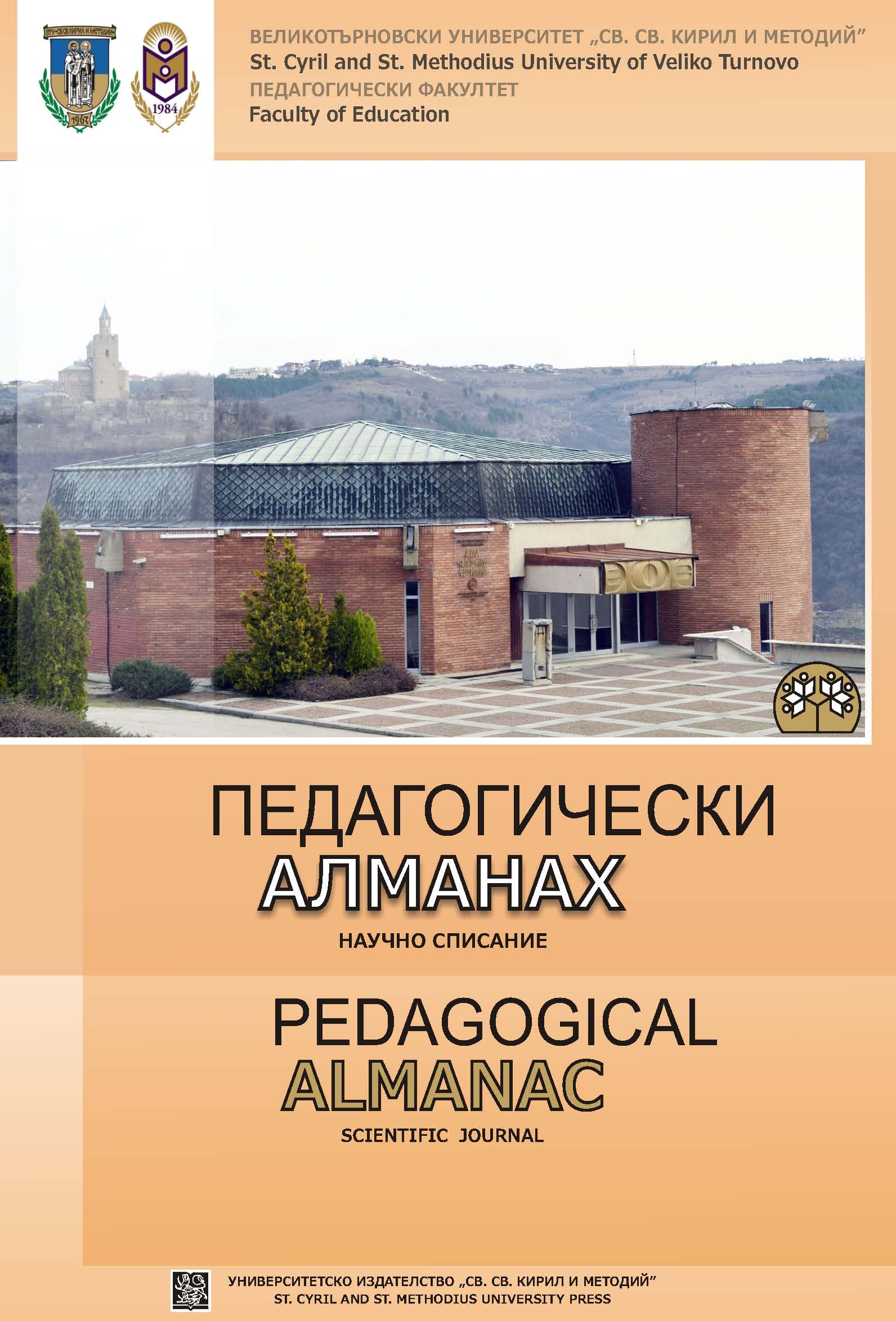
Мястото на портфолиото в системата на оценяване в началното училище.
In the present paper we discuss the concept of evaluation and the importance of grades for the students of primary school age. We analyze the results of a survey with students about their willingness and readiness to use potfolio as a new method for assessing students’ performance
More...


